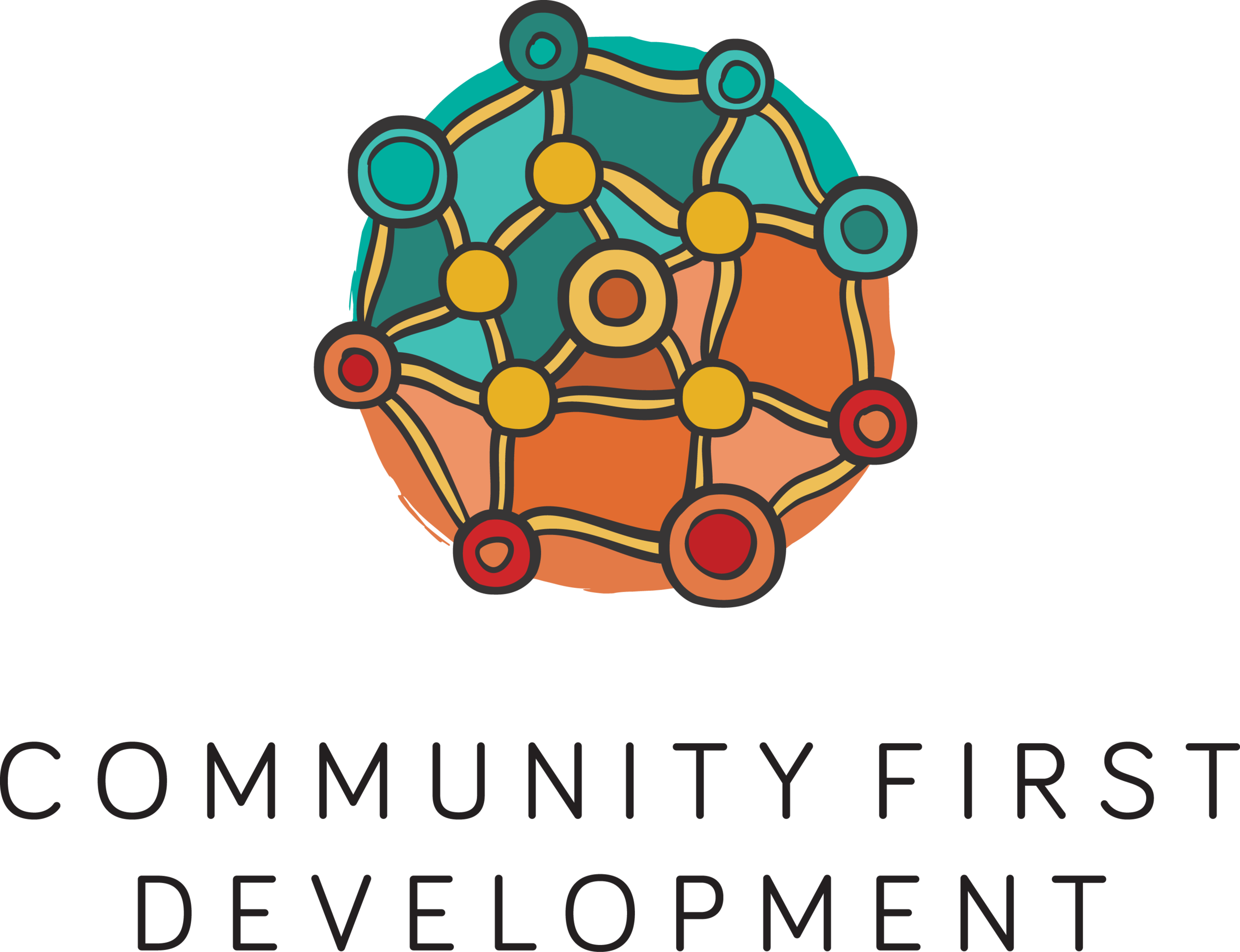Now More Than Ever: How First Nations’ Leadership is Creating a Better Future
This National Reconciliation Week’s theme, Now More Than Ever, highlights the ongoing fight for justice and the rights of First Nations’ peoples. At the heart of this effort is the leadership and voices of First Nations’ people. Non-Indigenous people also have a critical role to play. By taking collective action, we can address systemic issues and create opportunities to learn and teach our true history and tackle institutionalised inequity.
As a First Nations-led organisation, we are deeply engaged in partnering with First Nations’ communities around Australia. We’ve learned important lessons along the way about the importance of First Nations’ leadership in creating successful outcomes.
If you are looking to start your reconciliation journey as an individual, organisation or corporate partner, or perhaps starting or levelling up your Reconciliation Action Plan (RAP), we share some of our learnings below.
The Leadership of First Peoples
It’s essential that the voices of First Peoples are heard and respected across all levels of society, for change to happen.
Aboriginal and Torres Strait Islander peoples have been the custodians of this land for over 65,000 years, contributing to its cultural, social, and environmental landscape. Their rich history, wisdom, and resilience have shaped Australia in countless ways, providing knowledge and tradition that continues to enrich our nation.
Today, First Nations’ peoples are leading numerous initiatives that drive positive change within their communities and beyond. These initiatives span education, healthcare, economic development, and cultural preservation. By prioritising community-led projects, we ensure that communities' unique needs and aspirations are met.
We are proud to support and amplify the work of First Nations’ communities. Here are a few examples of how we have collaborated with communities to achieve meaningful outcomes:
Education Initiatives: In Queensland, we partnered with Wandarrah Preschool and Community Centre where they offer Indigenous culture within the curriculum. We supported them to develop a detailed strategic plan that would provide a strong foundation for their future. More here.
Health and Wellbeing Projects: In New South Wales, we partnered with an Aboriginal-owned social enterprise, Visual Dreaming, to support their projects aimed at enhancing the cultural identity, mental health, and leadership capabilities of Aboriginal youth. More here.
Economic Development: In Western Australia, we partnered with Kurrawang to strengthen social and economic well-being and achieve financial independence. Since 2013, we’ve provided support in funding submissions, project management, and building recreational spaces for the community to come together. More here.
Our projects demonstrate that when communities drive their own development, the results are more impactful and lasting. It highlights the strength and power of First Nations’ leadership.
Creating a Stronger Future Through Sustained Action
Supporting First Nations’ peoples involves taking sustained action to help push the movement forward. It starts and continues with active listening, learning, and engagement.
We have facilitated numerous successful collaborations between First Nations’ communities and non-Indigenous volunteers and partners. These partnerships are based on mutual respect, shared goals, and a commitment to making a positive impact.
What First Nations’ Communities Want You to Understand
From our engagement with community partners, they have defined key traits that they appreciate in volunteers and supporters who are wanting to help First Nations’ people and communities.
It is essential to bring an open mind, participate in local cultural awareness training, and set aside any preconceived notions. Understanding the distinct challenges and strengths of communities is crucial.
Listening and Learning: Actively listen to First Nations’ voices, stories, and perspectives and educate ourselves about their rich histories, contemporary issues and contributions to Australian society.
Understanding: Understand the diversity and uniqueness of each community.
Open-mindedness and respect: Come into a community with an open mind and a respectful attitude to build trust and effective collaboration.
Deep cultural connection: Communities emphasise the importance of understanding and respecting the local culture and protocols, which is fundamental for any successful engagement, particularly volunteer engagements.
By listening first, building trust, and empowering communities, we create environments where First Nations’ voices are heard and respected.
Looking Ahead
We envision a future where First Nations’ peoples and non-Indigenous Australians work together to build a nation that values and respects First Nations’ cultures and histories. This future is within reach if we continue to support community-led initiatives, advocate for justice, and promote cultural understanding.
We invite you to explore our website to learn more about our ongoing projects and find out how you can get involved in supporting First Nations’ communities.
To make a lasting contribution and stay connected with us, consider becoming a Community Friend.


